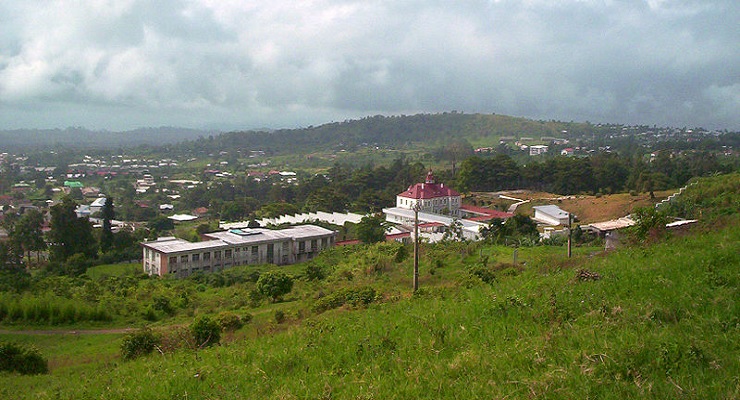
Observers are waiting to see what becomes of the 10 leaders of the separatist Ambazonia Interim Government after they appealed a Yaounde military court decision which sentenced them to life imprisonment last August 26, 2019.
A case which started in December 2018 saw the 10 being accused of terrorism, rebellion, and secession. The court only gave the defense council 17 hours to draw a conclusion. This came after the prosecution had submitted thousands of pages of incriminating documents with close to 1,000 items of criminal evidence which defense lawyers did not know about and had not been given a chance to examine.
According to Human Rights Watch,
“Sisiku Ayuk Tabe, head of what is known as the “Ambazonia government,” and nine other leaders had been arrested in January 2018 in Nigeria’s capital, Abuja, and forcibly returned to Cameroon, in an extrajudicial transfer that was denounced by the United Nations Refugee Agency as violating the fundamental principle of non-refoulement – the practice of not forcing refugees or asylum seekers back to a country where they risk persecution, torture, or other cruel, inhuman, or degrading treatment. The forced return of the 10 leaders was also declared illegal by a Nigerian court in March 2019. The men were then held in incommunicado detention at the State Defense Secretariat detention facility (Secrétariat d’État à la défense, SED) for six months, during which they had no access to their lawyers and families. Human Rights Watch has documented that torture and other abuses are endemic at the SED”.
The military court in Cameroon has become the regime’s jurisdiction of choice trying especially political opponents, a practice which is against international standards and also condemned by the United Nations Human Rights Committee. Many other Non-Governmental Organisations and Civil Society Organisations have decried the trial of civilians in military courts in Cameroon, reiterating it is a court meant for cases committed by military personnel.
In an interview with Human Rights Watch, Fru John Nsoh lead counsel for the separatist leaders said
“while the trial of his clients started in December 2018, all hearings prior to August 19 focused on peripheral procedural matters. He said that defense lawyers had no prior knowledge of the evidence presented to the court by the prosecution, and were not given any chance to view, comment, or object to the evidence, nor were they permitted to cross examine the four witnesses called by the prosecution”.
What appears more like the gross violation of the rights of these 10 instead has the potential of swelling the conflict rocking the English-speaking regions of Cameroon that has root causes in the decolonisation of the British Southern Cameroons. Hopes that the regime in Yaounde will solve the conflict peacefully have been further dampened by the sentencing of Ayuk Tabe and the others.
The Biya government has continued to prefer the heavy handed approach and calls for open and inclusive dialogue have apparently been denied by the Yaounde regime. There is an overt preference for militarisation as the regime is reportedly seeking more funds for funding its war efforts in the Anglophone regions. At the same time the regime is also collecting humanitarian aid from Non-Governmental Organisation.
It would be more productive for the Cameroon government to address the grievances of the Anglophone population and be more open to measures tackling the root causes of their demands.
Leave a Reply